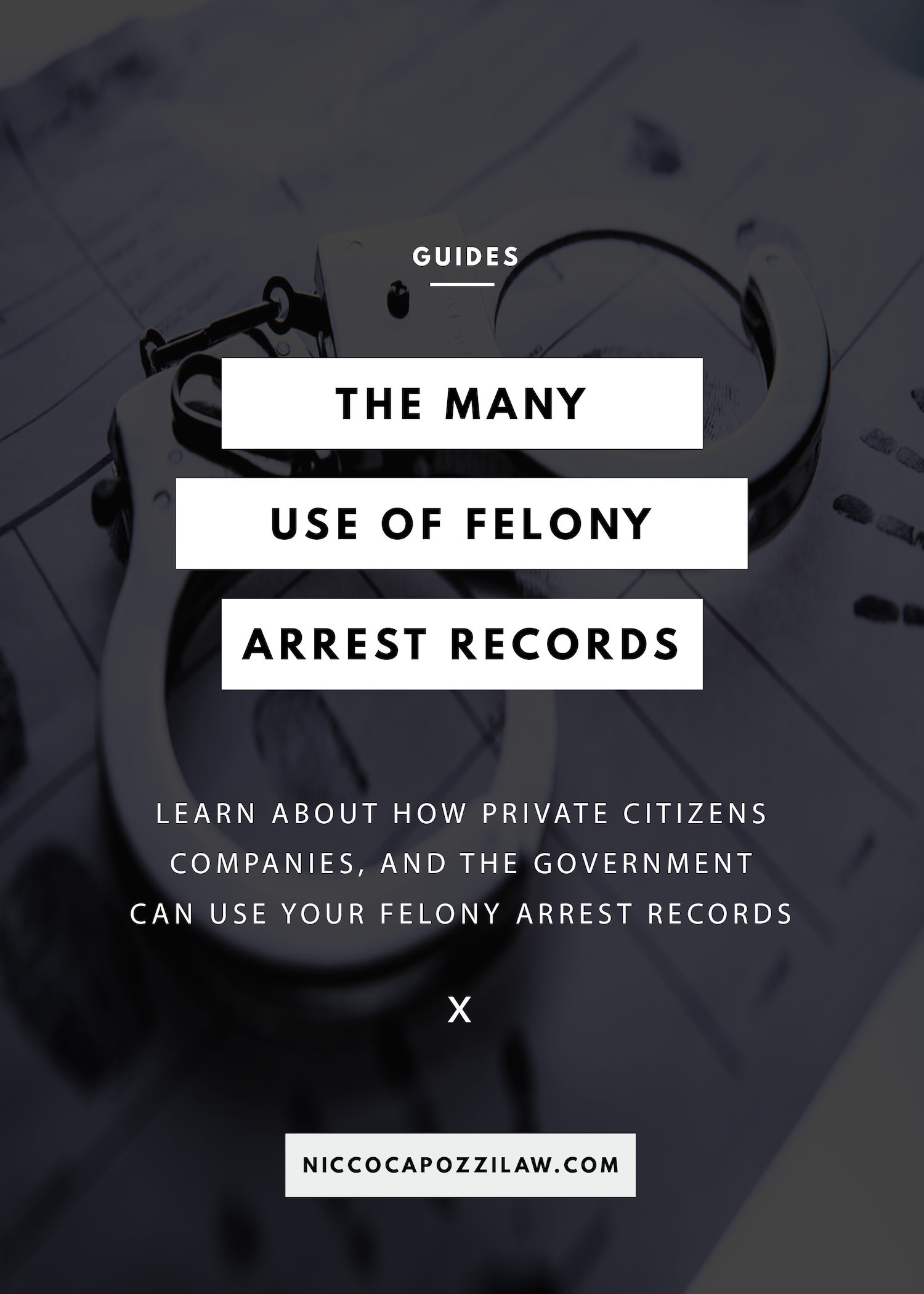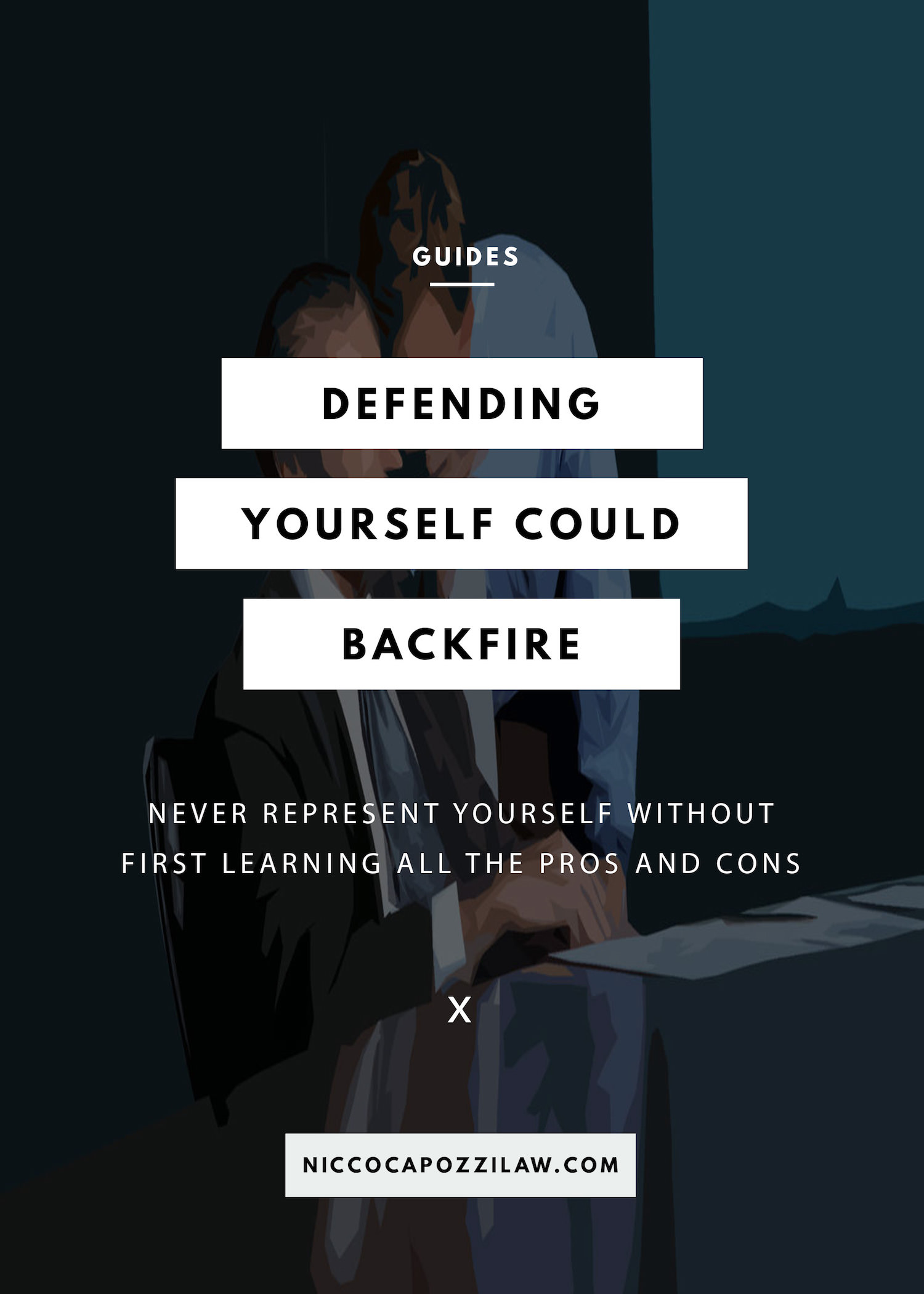As riots terror through the U.S. in response to apparent injustice and police treatment inequality, new legal and constitutional issues arise. To combat the perception of misconduct, the use of police body cameras is beginning to gain tremendous traction across the country. The concept is easy: if police record their interactions with citizens, police will be more inclined to act justly and citizens will be more inclined to treat police with respect. That is, if both parties know their interaction is being recorded, there is less chance either will act inappropriately. In theory at least.
Deciding to use a body camera is one issue. Another issue arises as to who should have access to the footage. Should the footage be made available to the public at large? To only prosecutors and defense attorneys? To just the police?
Fifteen states believe that the footage should not be made public. Some places (like Seattle), actually broadcast the footage on YouTube. Of course, peoples faces are blurred to protect privacy.
It is this lawyer's belief that the in the large majority of cases, the footage should not be immediately made available to public. The reason is simple. In the vast majority of cases, there are real and substantial privacy concerns of the people being filmed. They may not want their interaction to be made available for the whole world to see. Also, I believe making the footage public would subvert true and necessary police investigation. In a general sense, no harm should be done by transparency and the incentive to act properly should be a strong enough reason to go forward with disclosure. That is why I say the footage should not usually be made public. This is not to say it should never be made public. In some cases there will be a compelling reason to make it public and it should be done if doing so would do more good than harm.






